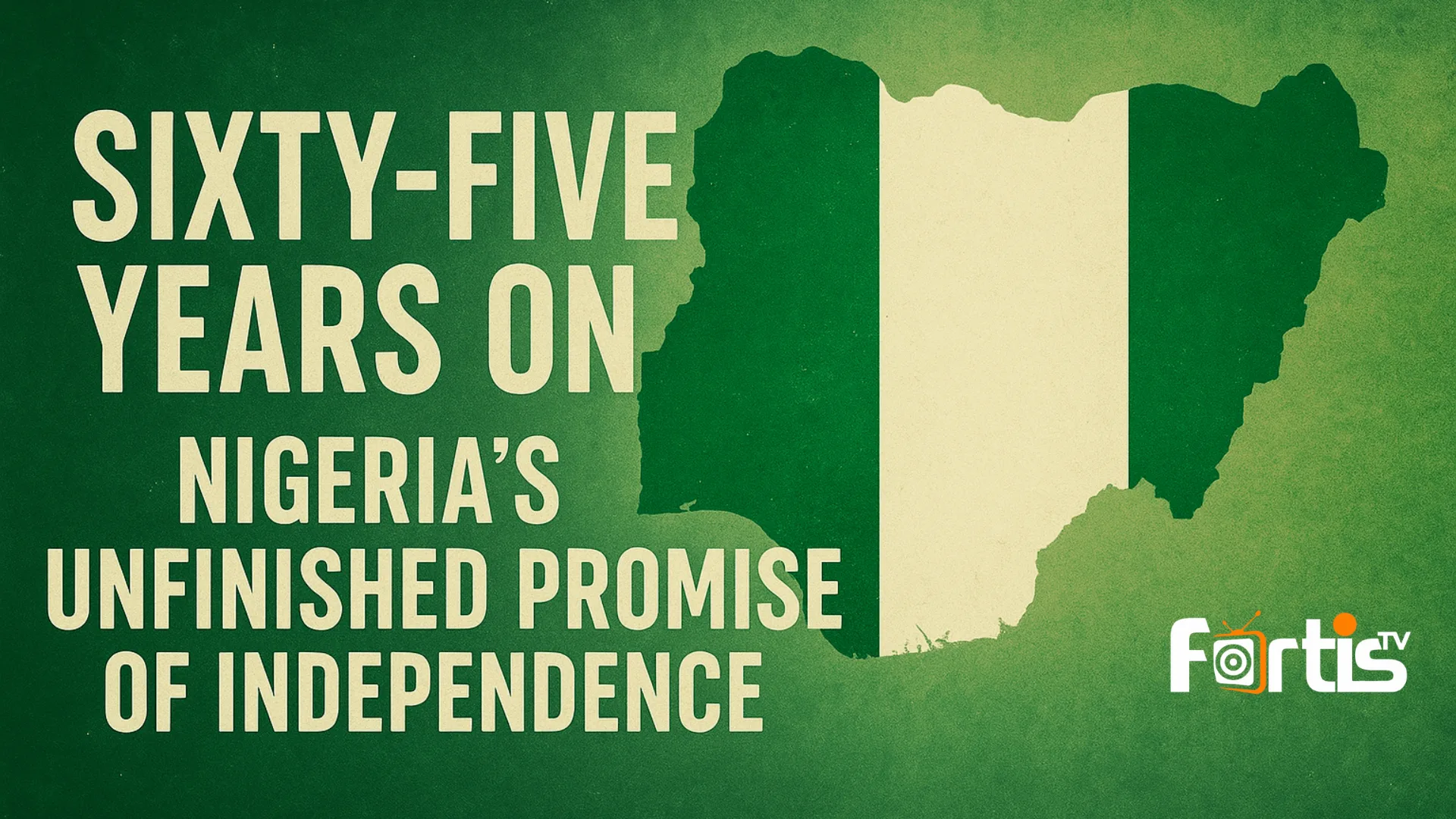Netflix, the global streaming giant, is reportedly developing a new feature that could significantly enhance its platform: gamertags. This move signals Netflix’s growing interest in the gaming industry and its commitment to creating a more interactive and personalized experience for its users. Here’s what we know about Netflix’s latest endeavor and what it could mean for the future of the platform.
What Are Gamertags?
Gamertags, a concept popularized by gaming platforms like Xbox and PlayStation, are unique usernames or identifiers that players use in the gaming world. These tags allow users to create a distinct online persona, engage in multiplayer games, and connect with friends and other players.
For Netflix, integrating gamertags would represent a significant shift from its traditional model of streaming movies and TV shows. It would introduce a social and interactive layer to the platform, allowing users to not only play games but also engage with others in a more personalized and connected way.
Netflix’s Foray into Gaming
Netflix has been making strides in the gaming industry for some time. The company launched its initial gaming service in 2021, offering a small selection of mobile games to subscribers. Since then, Netflix has gradually expanded its gaming catalog and has hinted at bigger plans for the future, including exploring cloud gaming and potentially developing its own games.
The introduction of gamertags could be a key component of this broader strategy. By allowing users to create and use gamertags, Netflix could foster a gaming community within its platform, encouraging more interaction and engagement among its users. This move could also pave the way for Netflix to introduce multiplayer games, leaderboards, and other social gaming features.
Potential Impacts and User Experience
The implementation of gamertags on Netflix could have several impacts on the user experience:
- Enhanced Personalization: Gamertags would allow users to create unique identities on Netflix, making the platform feel more personal and tailored to individual preferences. This could enhance the overall experience, especially for gamers who are used to this kind of personalization on other platforms.
- Social Interaction: With gamertags, Netflix could introduce social features such as friend lists, in-game chat, and the ability to join multiplayer games with others. This would make Netflix not just a platform for watching content but also a space for social interaction and gaming.
- Cross-Platform Integration: If Netflix’s gamertags are integrated with other gaming platforms or services, it could offer users a seamless experience across multiple devices and games. This could make Netflix a central hub for entertainment, combining video streaming and gaming under one roof.
- Privacy and Safety Considerations: As with any social feature, Netflix will need to consider privacy and safety. The company will likely implement robust controls and settings to allow users to manage their gamertags, control who can see their information, and ensure a safe environment for all users.
The Future of Netflix Gaming
While Netflix has not officially announced the details of its gamertag feature, the move is consistent with the company’s broader push into the gaming industry. As competition in the streaming space intensifies, Netflix is looking for ways to differentiate itself and offer unique experiences to its users. Gaming, with its massive global audience and potential for growth, is a natural extension of Netflix’s strategy.
The introduction of gamertags could be just the beginning. As Netflix continues to invest in gaming, we can expect to see more features and innovations aimed at making the platform a destination for gamers as well as movie and TV fans.
Conclusion
Netflix’s work on gamertags represents a significant step in its evolution from a streaming service to a more comprehensive entertainment platform. By embracing gaming and adding social and interactive elements, Netflix is positioning itself to compete in a new arena, potentially attracting a broader audience and creating new opportunities for growth. As the feature rolls out, it will be interesting to see how users respond and how it shapes the future of entertainment on Netflix.





